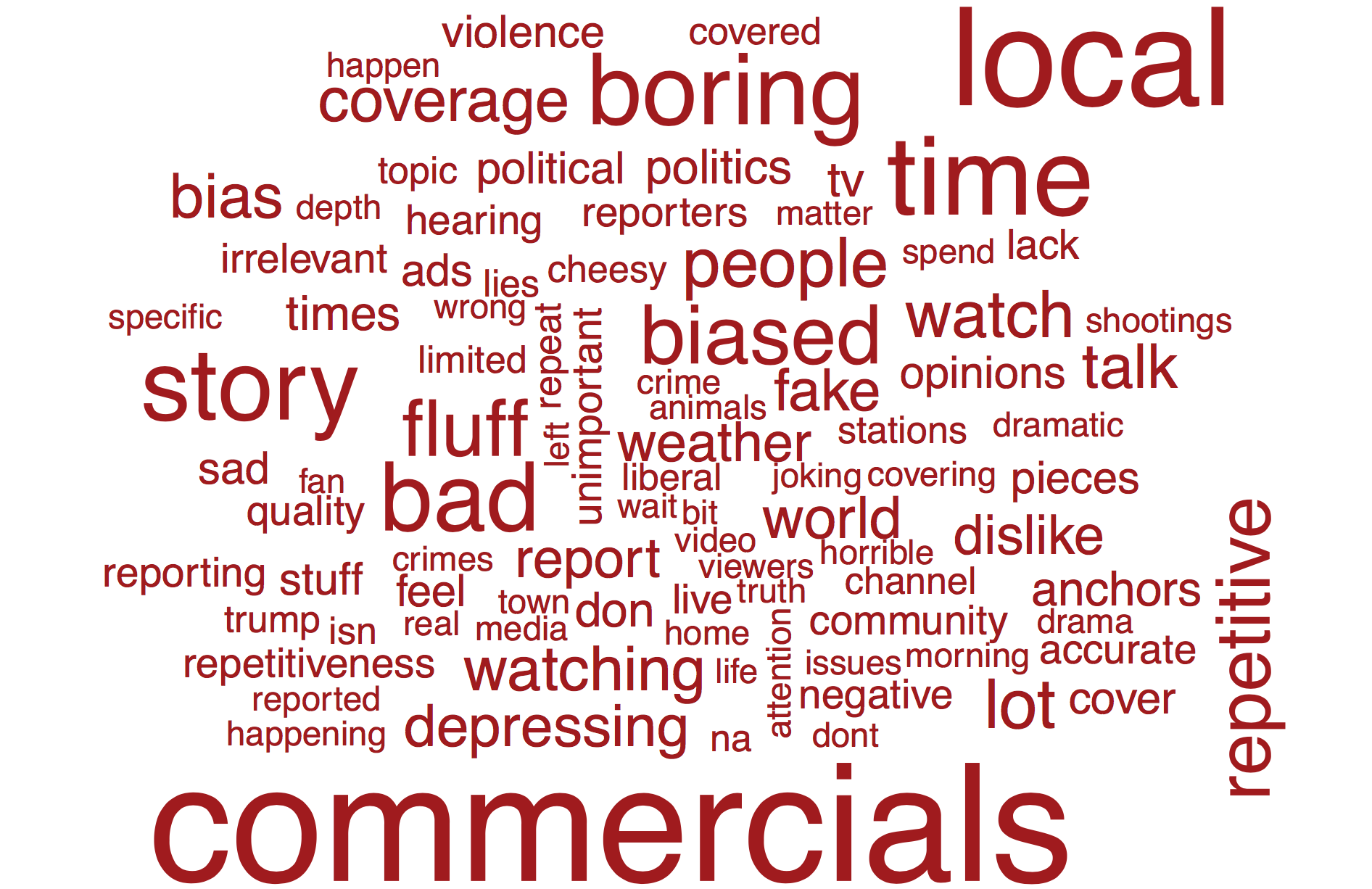7 Easy Facts About Local News Online Explained
7 Easy Facts About Local News Online Explained
Blog Article
The 25-Second Trick For Local News Online
Table of ContentsThe Of Local News OnlineExamine This Report about Local News OnlineThe Basic Principles Of Local News Online Rumored Buzz on Local News Online8 Simple Techniques For Local News OnlineGetting My Local News Online To Work
The variety of times a write-up gets shared on is pertinent for activists, political leaders, writers, online-publishers and marketers. They therefore have a rate of interest in understanding the variety of shares, preferably even predicting it prior to the article is being published. With new approaches of such as it is feasible to obtain understandings right into the core features of a post.Said "dataset regarding online information appeal". is composed of 39,644 observations and 60 possible attributes, that have been collected over two years from 2013 to 2015. The features contain variables defining words, links, electronic media, time, key phrases, understandings from and the number of article shares. With the dataset being publicly available, a reasonable amount of data analysis has actually been conducted.
30 November 2020. The conclusion is, that the typical keywords within a post and the typical appeal of stated search phrases have the biggest effect on the quantity of shares a short article obtains.

Local News Online - Questions
Archived from the original on Sep 28, 2007. Andersen, Kurt (15 February 2007). "You Have to Be Streaming". NYMag. Archived from the original on Nov 29, 2023. Silberman, Steve (17 March 1997). Wired. Archived from the initial on Apr 29, 2023. Shedden, David (2004-12-16). "New Media Timeline (1980 )". Poynter. Archived from the original on Feb 3, 2024.
BBC News. Seat Study Facility's Journalism Task. Reuters Institute Digital Information Report 2013.
This year's report comes in the midst of a worldwide health pandemic that is unprecedented in modern times and whose financial, political, and social repercussions are still unraveling. The severity of this situation has reinforced the demand for dependable, precise journalism that can inform and enlighten populations, but it has actually additionally advised us exactly how open we have ended up being to conspiracy theories and false information.

A Biased View of Local News Online
Journalism matters and remains in demand once more. One issue for publishers is that this additional interest is producing also much less income as marketers support for an inescapable economic downturn and print revenue dips. Versus this background it is likely we'll see a further drive towards electronic subscription and other viewers payment models which have shown significant pledge in the last couple of years.
At the exact same time, making use of online and social media substantially raised in the majority of nations. WhatsApp saw the largest growth in general with rises of around 10 percentage points in some countries, while even more than fifty percent of those surveyed (51%) made use of some type of open or closed on-line group to connect, share information, or take part in a neighborhood support network.
Media trust was greater than twice the degree for socials media, video clip platforms, or messaging solutions when it concerned information regarding COVID-19. From our bigger dataset accumulated in January: Worldwide a knockout post problems concerning false information continue to be high. Also prior to the coronavirus situation hit, over half of our worldwide sample stated they were worried about what is true or incorrect online when it concerns news.
The Local News Online PDFs
In our January poll throughout countries, less than four in ten (38%) claimed they trust most information many of the moment an autumn of 4 percent points from 2019. Less than fifty percent (46%) claimed they trust the information they use themselves. Political polarisation connected to rising uncertainty appears to have actually undermined count on in public broadcasters in specific, which are shedding assistance from political upholders from both the right and the.
Partial choices have actually a little enhanced in the USA because we last asked this concern in 2013 however also below a silent majority seems to be searching for information that at the very least tries to be objective. As the news media adapt to altering designs of political interaction, many people (52%) would prefer them to prominently report incorrect statements from political leaders as opposed to not stress them (29%).
We have actually seen substantial boosts in payment for online news in a number of countries including the United States 20% (+4) and Norway 42% (+8 ), with smaller sized surges in a series of various other markets. It is essential to keep in mind that linked here throughout all nations many people are still not paying for online information, also if some authors have because reported a 'coronavirus bump'.
The Best Guide To Local News Online
Customers think they are improving details. However, a lot of individuals are completely content with the information they can access absolutely free and we observe an extremely high proportion of non-subscribers (40% internet in the United States and 50% in the UK) who claim that nothing can convince them to pay.
Accessibility to news remains to come to be much more dispersed (Local News Online). Across all nations, just over a quarter (28%) choose to start their news trips with a web site or application. Those aged 1824 (so-called Generation Z) have an even weak connection with web sites and applications and are greater than two times as most likely to choose to accessibility news using social networks
To respond to the relocate to different systems, publishers have been seeking to build direct connections with customers through email and mobile notifies. In the United States one in five (21%) gain access to an information e-mail weekly, and for practically half of these it is their key means of accessing news. Northern European countries have been a lot slower to take on email news channels, with just 10% utilizing e-mail information in Finland.
Report this page